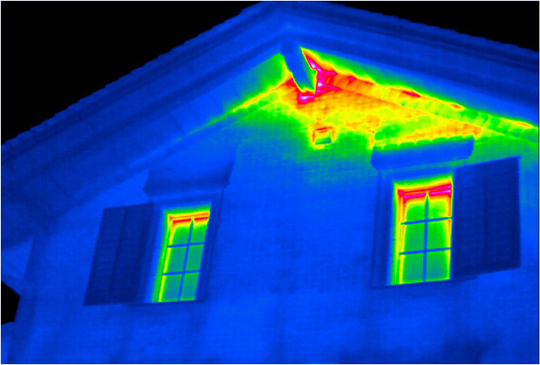BENEFITS OF SPRAY FOAM

Spray Polyurethane Foam (SPF) is the best insulation solution for many structures. Some of the benefits of SPF are:
- Significantly inhibits the movement of air and water
- Saves on Energy Consumption for the LIFE of the structure
- Keeps dust, pollen, and other allergens out of the building
- Reduces the need for higher tonnage, more expensive, HVAC systems
Inhibits the movement of air and water through your walls.
Polyurethane spray foam has been show in several instances to significantly minimize, if not entirely eliminate, the movement of air and water across the space between your walls. One of the primary benefits of spray foam insulation is its ability to completely fill all exposed gaps and small pockets that other insulation material cannot possibly reach.
Saves on Energy Consumption.
Depending on the type of spray foam used you can construct a wall with an R-value of over 6.0. In addition to spray foams high R-value it has an unmatched ability to insulate the smallest spaces, reaching cracks and crevices that no other insulation system can achieve. These two traits compliment one another to create an energy tight environment that minimizes any loss of heated or conditioned air, thereby positively impacting the energy consumption of your structure throughout the year. Spray Foam insulation also does not deteriorate or sag overtime like many of the products competitors, it maintains its energy saving characteristics over the entire life of the structure. Saving thousands of dollars in heating and cooling expenses over the life of the building.
Keeps dust, pollen, and other allergens out of the building.
Another benefit of spray foam is that the impermeability of the insulation significantly reduces the flow of dust, pollen, and other allergens into the structure. Allowing for a healthier more comfortable living and working environment.
Reduces the need for higher tonnage, more expensive, HVAC systems.
As the efficiency of the building envelope improves with the addition of spray foam insulation, the demands placed on the HVAC equipment are decreased. This decreased level of demand can at times create a situation where the decreased load on the equipment permits the use of smaller cheaper HVAC systems.